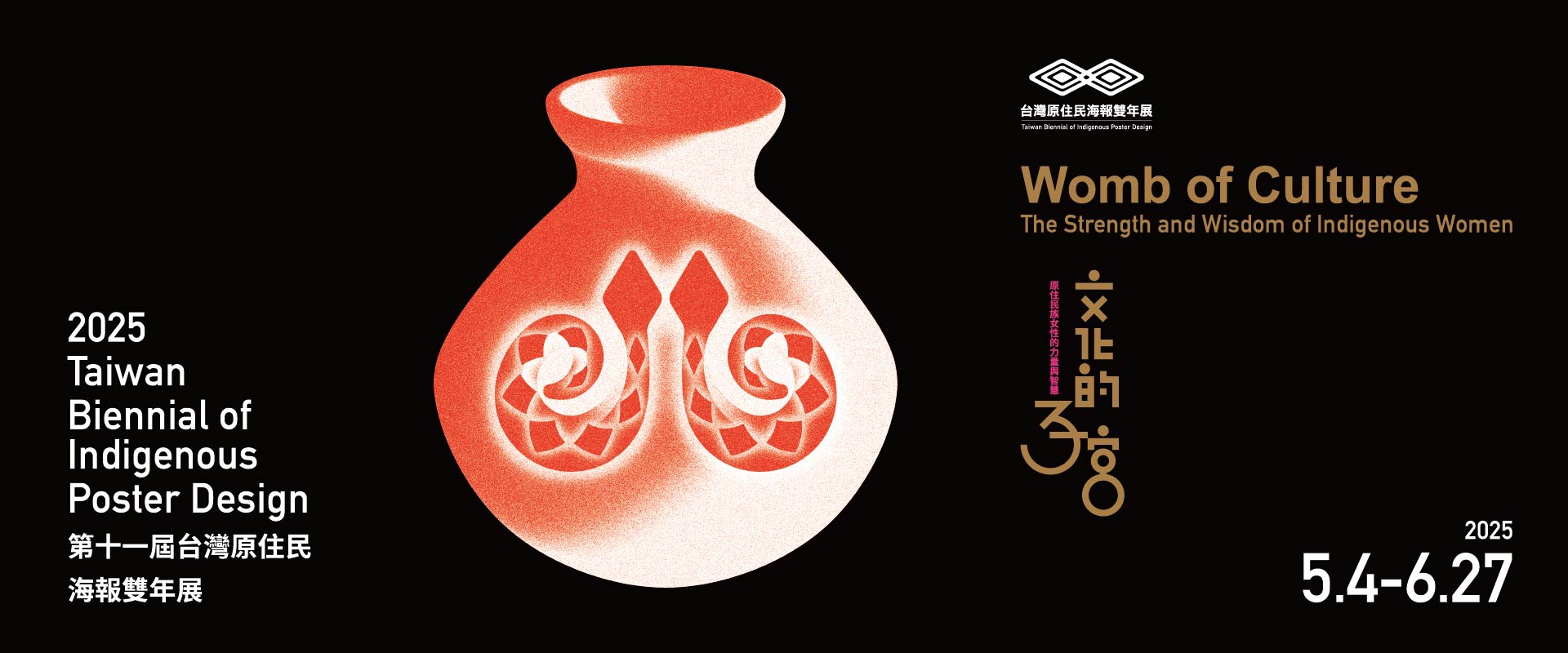

Topic explanation
The theme of this competition is "Womb of Culture – The Strength and Wisdom of Indigenous Women." In the context of the Paiwan people, the term "womb of culture" is often used to describe ancient pottery. This time, it is borrowed to highlight the important role of women in indigenous cultures. It is a theme full of symbolism, particularly related to the birth of life and the continuation of culture. In many indigenous communities, women are seen as the guardians of life and the core of cultural transmission. This theme uses the image of the "womb" to express the crucial role women play in the nurturing, development, and continuation of "culture."
- The Source and Continuation of Life: The "womb of culture" symbolizes women as the source of life. They are not only the nurturers of new life but also the custodians of culture and tradition.
- Motherhood and the Foundation of Culture: Many Indigenous cultures have distinct gender roles, with women often responsible for specific crafts and traditions. For instance, women in the Atayal, Truku, and Seediq tribes play a key role in weaving. Similarly, in the Paiwan tribe, women often take on spiritual roles and uphold hand tattooing traditions. These practices are vital to the continuity of society and the collective values of the community. The wisdom and experience of elder women, in particular, profoundly impact the functioning of the tribe and its way of life. They are often regarded as the protectors of social stability and cultural foundations. They symbolize the soil and nutrients of culture, nurturing and nourishing future generations.
- Expressions of Female Symbolism in Different Cultures: In the cultures of Taiwan's Indigenous peoples, there are numerous myths and legends centered around women. For example, the Amis, Sakizaya, and other tribes on the eastern coast have stories of women's islands, while the Rukai tribe has the tale of Princess Balen. These stories, rich in symbolic meaning, depict how women symbolize different aspects and cultural values within each tribe.
In summary, the theme of "Womb of Culture" emphasizes the importance of the role of women in Indigenous cultures, reminding us of their essential role in transmitting culture, maintaining social structures, and promoting community development. Through this theme, it also resonates with a more diverse and egalitarian society, hoping not only to encourage participants to actively learn about Taiwan's Indigenous cultures during the creative process, but also to inspire them to integrate their own life experiences and envision the beautiful future that Taiwanese society can collectively create.
Eligibility
No restriction on age or nationality.
Awards
Schedule



Specifications of works
- The work must be completed after April 2025, and the registration information must indicate the competition category as Poster Design or Product Design (Mascot). There is no limit to the number of entries per person (a series is limited to 2 works, this limitation does not apply to mascots in the Product Design category). The description of the creative concept should be within 200 words. 3D works are not accepted.
- File format jpg, size 297 x 210 mm, resolution 350 dpi, color model CMYK. Single image file should not exceed 15MB.
- If selected as a finalist, the original file must be provided to the organizer. Participants are responsible for backing up their files.
- Entered works must be the sole creation of the registered participant. Works created collectively will not be accepted.
- Entered works may not bear any marks or possess any trademarks or emblems/logos of the organizer or co-organizer.
Registration

Register
Visit the official competition website (https://shungye-poster.com) and create an account.

Filling out form
After obtaining an account, log in, fill out the registration form, and upload electronic files of your work, personal data consent form, copyright authorization form, and legal representative (or guardian) consent form (for participants under the age of 18) to complete the registration process.

Check
Upon completion of the registration process, the system automatically sends notification of successful registration to the e-mail address provided. After checking submitted information and documents, an e-mail notification will be sent if there is incomplete or missing information, which should be provided within 7 days. Failure to do so will result in automatic forfeit of the right to compete.





















.png)
